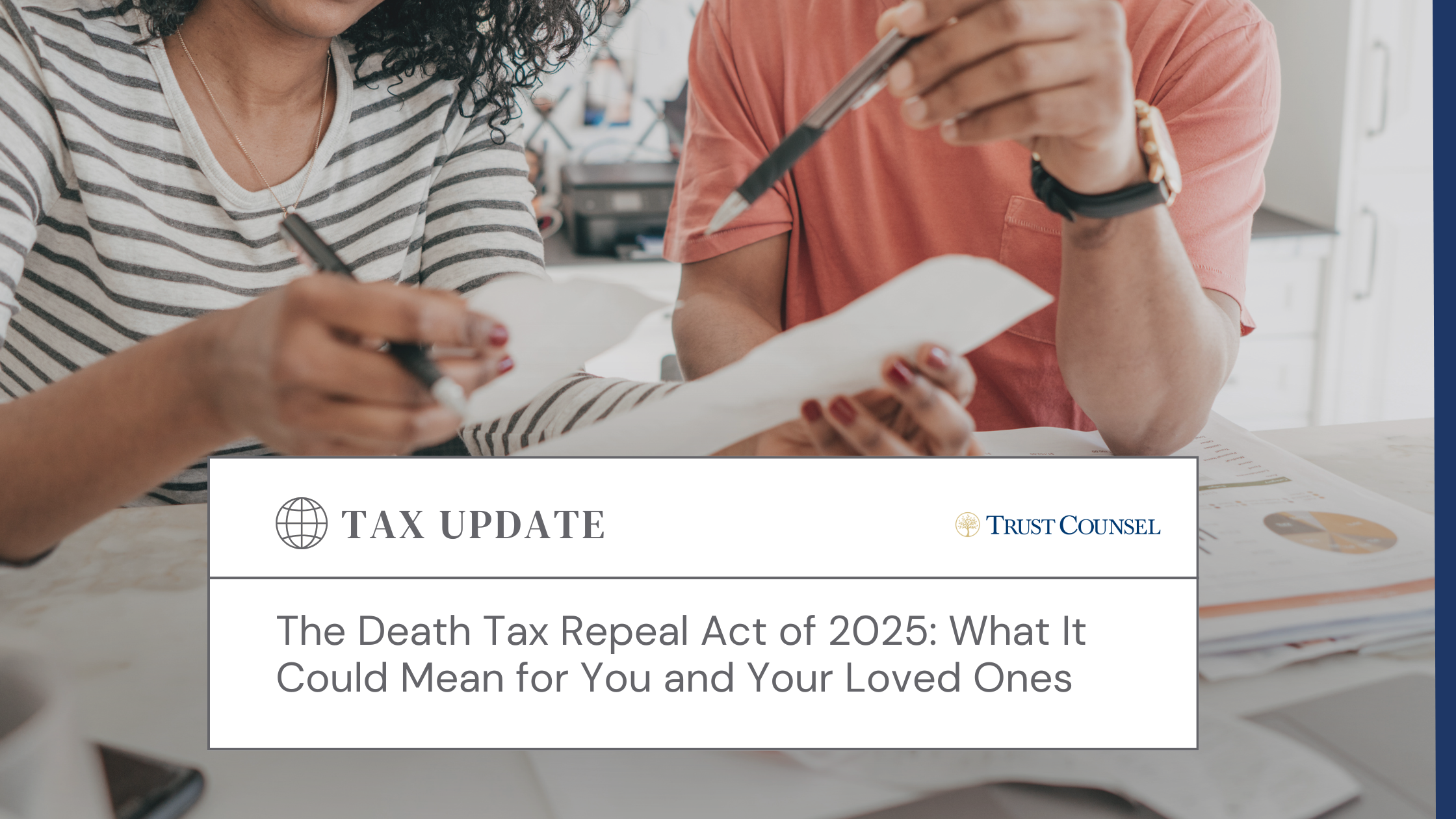When Meghan Markle married Prince Harry this last weekend, she was probably saying “I do” to some interesting tax problems as all of her foreign assets are likely to be subject to scrutiny by the IRS. This poses a problem for both Markle the British royal family, which has managed preserve their privacy regarding the details of their financial situation.
Early in their engagement, Buckingham Palace announced that Markle will become a British citizen after marriage – a process which can take five years after she obtains a family visa. Yet tax lawyers quickly pointed out that Meghan Markle’s U.S. citizenship could cause tax headaches for Britain’s royal family. The United States is one of the few countries that taxes based on citizenship, not residency. Unless she renounces her American citizenship, she must continue to file U.S. tax returns, plus FBARs, every year, reporting her worldwide income, and disclosing her assets.
Even if the couple try to keep their assets separate, the mandatory disclosures may be a particular issue. Many couples with dual citizenship innocently start filing U.S. taxes together, and then are both caught in the U.S. tax trap. Interestingly, 95% of married couples file joint tax returns, making each spouse liable for everything on the return–and anything that might not be on the return. Markle will surely be advised to file taxes separately, so Prince Harry will not be caught within the U.S. tax net.
For Markle, disclosures of the income she receives could reveal information about the royal family to the U.S. government. For example, Prince Harry reportedly receives both investment income through assets left to him by his mother and an allowance from his father. If those assets are in a foreign trust, Markle would have to fill out Form 3520 to disclose the gifts she receives from it. She would also have to report other gifts, such as jewelry, that she receives. Further, if Markle combined bank accounts with Harry, or became a signatory, those accounts would have to be reported and disclosures made. That would bring Prince Harry’s financial details within the IRS’ reach.
This is all because of FATCA, the Foreign Account Tax Compliance Act, which was passed in 2010, and was ramped up worldwide. It requires an annual Form 8938 filing with the IRS that could end up involving royal assets. FATCA’s unparalleled network of reporting requires foreign banks and governments to hand over secret bank data about depositors. Non-U.S. banks and financial institutions around the world must reveal American account details or risk big penalties. Markle could follow London’s former Mayor Boris Johnson, now Britain’s Foreign Secretary. Having been born in New York but raised in Britain, Johnson was a dual citizen of the U.S. and U.K. A run-in with the IRS eventually led him to renounce his American citizenship.
Americans living and working in foreign countries must generally report and pay tax where they live. But they must also continue to file taxes in the U.S., where reporting is based on their worldwide income. A foreign tax credit often does not eliminate double taxes. Annual foreign bank account reports called “FBAR”s carry big civil and even criminal penalties. The civil penalties alone can consume the entire balance of an account.
What if Markle renounces her U.S. citizenship? Ironically, even leaving America can be costly. America charges $2,350 to hand in your passport, a fee that is more than twenty times the average of other high-income countries. Moreover, to exit, one generally must prove 5 years of IRS tax compliance. And getting into IRS compliance can be expensive and worrisome. For some, a reason to get into compliance is only to renounce, which itself can be expensive. Markle is said to have a net worth of $5 million, which would mean also paying an exit tax to the U.S. if she renounces. If you have a net worth greater than $2 million, or have average annual net income tax for the 5 previous years of $162,000 or more, you can pay an exit tax. It is a capital gain tax, calculated as if you sold your property when you left.
If Markle still has her citizenship and the couple has children, their offspring would eventually face all the responsibilities of American citizenship, including taxes.





